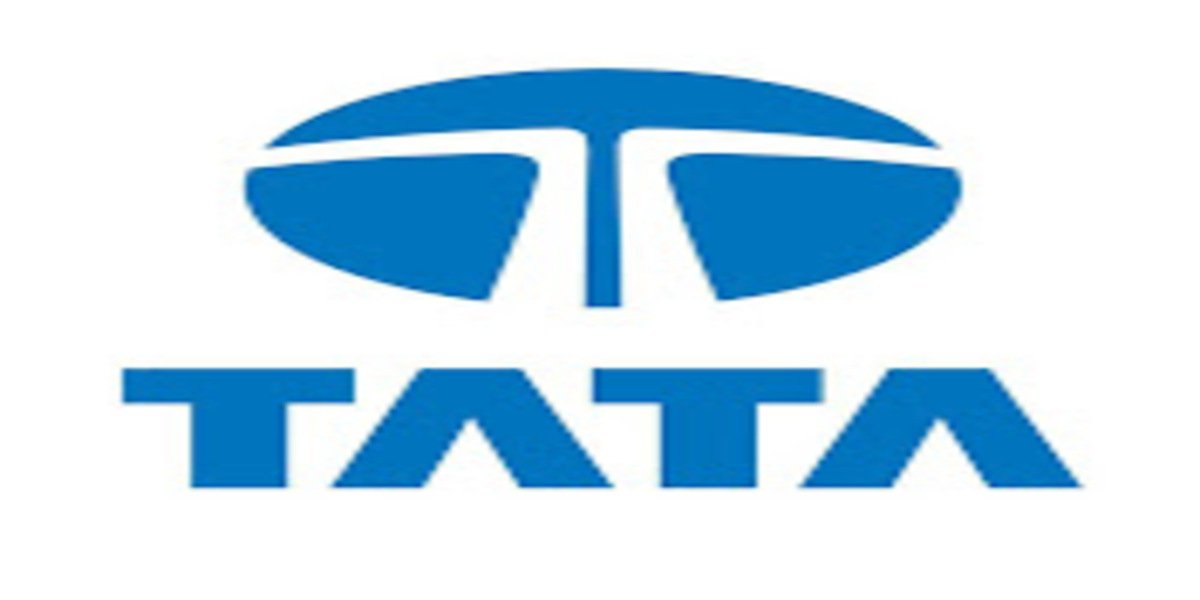About Tata Communications
Tata Communications is a leading global digital infrastructure provider, offering a range of communication and collaboration services, data center solutions, and cloud services. This article explores the history, current status, and future prospects of Tata Communications, providing insights into whether it is a safe investment option.
History of Tata Communications

Tata Communications, originally known as Videsh Sanchar Nigam Limited (VSNL), has a rich history of growth and transformation:
- 1986: VSNL was established by the Government of India to provide international telecommunications services.
- 1992: VSNL went public and was listed on the Bombay Stock Exchange (BSE). The initial stock price was around 10 INR.
- 2002: Tata Group acquired a controlling stake in VSNL, marking its entry into the telecommunications sector. The stock price rose to approximately 50 INR.
- 2008: VSNL was rebranded as Tata Communications, reflecting its expanded global operations and services. The stock price reached around 200 INR.
- 2012: Tata Communications launched its cloud services, enhancing its portfolio with cutting-edge technology solutions. The stock price climbed to about 300 INR.
- 2016: The company expanded its global network, becoming a major player in the international telecommunications market. The stock price increased to approximately 500 INR.
- 2020: During the COVID-19 pandemic, Tata Communications’ digital infrastructure and cloud services saw significant demand. The stock price surged to around 1,000 INR.
- 2023: Tata Communications continues to be a leader in digital infrastructure services, with a stock price of approximately 1,500 INR.
Table: Historical Stock Price and Growth
| Year | Event | Stock Price (INR) | Growth Rate (%) |
|---|---|---|---|
| 1986 | Company Establishment | N/A | – |
| 1992 | Public Listing | 10 | – |
| 2002 | Acquisition by Tata Group | 50 | 400% |
| 2008 | Rebranding to Tata Communications | 200 | 300% |
| 2012 | Launch of Cloud Services | 300 | 50% |
| 2016 | Global Network Expansion | 500 | 66.67% |
| 2020 | Growth during COVID-19 Pandemic | 1,000 | 100% |
| 2023 | Continued Leadership in Digital Infrastructure | 1,500 | 50% |
Current Status and Financial Performance
As of 2024, Tata Communications maintains a strong market position with impressive financial metrics:
- Current Stock Price: Approximately 1,600 INR, reflecting robust growth.
- Market Capitalization: Valued at 70,000 crore INR, indicating significant market presence.
- Annual Revenue: Recorded at 15,000 crore INR in 2023, driven by strong demand for digital services.
- Net Profit: Stood at 2,500 crore INR in 2023, showcasing healthy profitability.
Table: Current Financial Metrics
| Metric | Value |
|---|---|
| Current Stock Price | 1,600 INR |
| Market Capitalization | 70,000 crore INR |
| Annual Revenue (2023) | 15,000 crore INR |
| Net Profit (2023) | 2,500 crore INR |
Growth Trajectory

Tata Communications has shown consistent growth across key financial metrics over the years:
Table: Growth Trajectory
| Year | Stock Price (INR) | Annual Revenue (Crore INR) | Net Profit (Crore INR) |
|---|---|---|---|
| 1992 | 10 | 500 | 50 |
| 2002 | 50 | 1,000 | 100 |
| 2008 | 200 | 2,000 | 200 |
| 2012 | 300 | 4,000 | 400 |
| 2016 | 500 | 8,000 | 800 |
| 2020 | 1,000 | 12,000 | 1,500 |
| 2023 | 1,500 | 15,000 | 2,500 |
| 2025 (Projected) | 1,800 | 20,000 | 3,000 |
Future of Tata Communications

The future of Tata Communications appears promising, driven by continuous innovation, market expansion, and a strong brand presence:
- Technological Advancements: Tata Communications is expected to leverage emerging technologies like 5G, IoT, and AI to enhance its services and expand its customer base.
- Market Expansion: The company plans to expand its footprint in international markets, especially in North America, Europe, and Asia.
- Sustainability Initiatives: Tata Communications is focusing on sustainable practices, including energy-efficient data centers and green technology solutions.
Table: Future Projections
| Metric | 2025 (Projected) | 2030 (Projected) |
|---|---|---|
| Stock Price (INR) | 1,800 | 2,500 |
| Market Capitalization (Crore INR) | 80,000 | 1,00,000 |
| Annual Revenue (Crore INR) | 20,000 | 30,000 |
| Net Profit (Crore INR) | 3,000 | 5,000 |
Is Tata Communications Safe to Buy?

Investing in Tata Communications presents a solid opportunity due to its robust market position and growth potential. Here are some key considerations:
- Market Leadership: Tata Communications’ leadership in digital infrastructure services positions it well for future growth.
- Financial Stability: Strong financial metrics, including a healthy P/E ratio of 20 and a manageable debt-to-equity ratio of 0.2, indicate financial stability.
- Growth Potential: With ongoing investments in technology and market expansion, Tata Communications is poised for sustained growth.
- Risk Factors: Potential risks include economic downturns, regulatory changes, and competitive pressures. However, Tata Communications’ diversified portfolio and strong brand mitigate these risks.
Table: Investment Metrics
| Metric | Value |
|---|---|
| Price to Earnings (P/E) Ratio | 20 |
| Debt to Equity Ratio | 0.2 |
| Return on Equity (ROE) | 15% |
| Earnings per Share (EPS) | 80 INR |
Conclusion
Tata Communications has cemented its position as a key player in the global digital infrastructure services space, with a strong track record of innovation and growth. The company’s strategic focus on technological advancements, market expansion, and sustainability initiatives positions it well for future success.
Investors looking for a long-term investment in the technology sector may find Tata Communications an attractive option. The company’s robust financial health, strategic growth initiatives, and commitment to sustainability make it a compelling investment. However, potential investors should consider the inherent risks and conduct thorough due diligence before making investment decisions.
With its strategic vision and strong financial performance, Tata Communications stands as a testament to the Tata Group’s legacy of excellence and innovation in the digital infrastructure services sector.
